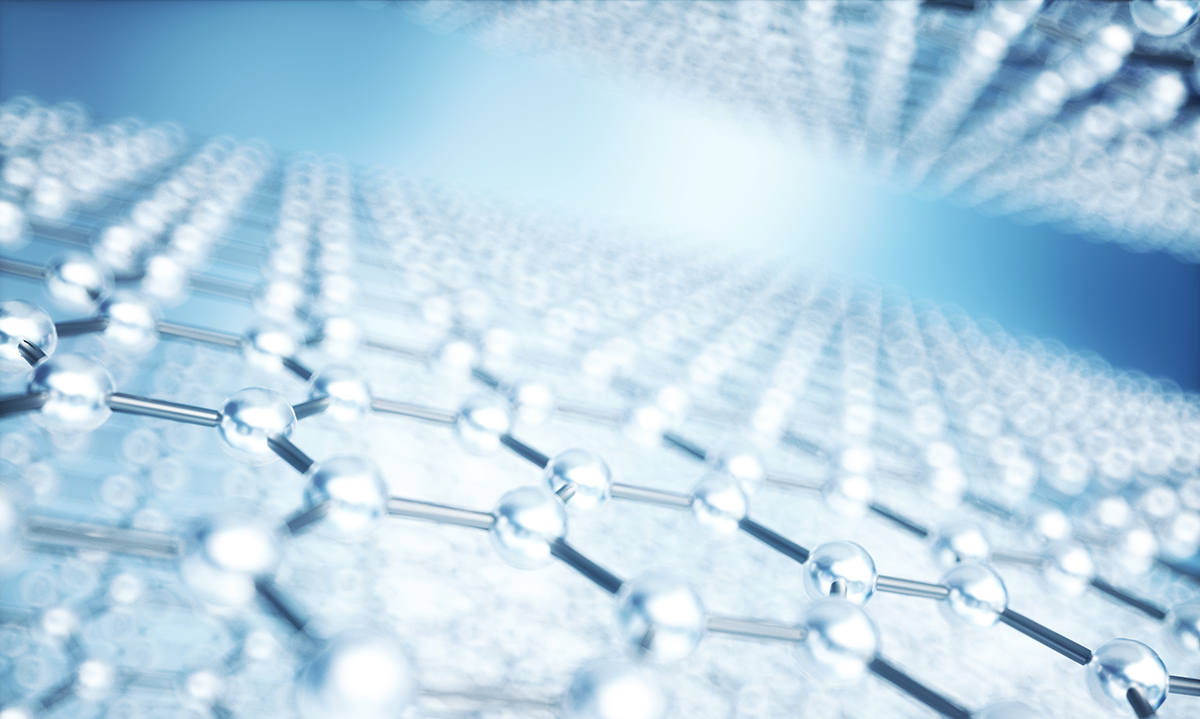Portable devices that harvest energy from body movement, one-dimensional ice crystals and complex dynamics in biological systems.
These are just three examples of the 22 projects within the natural and technical sciences for which the Novo Nordisk Foundation has awarded grants in open competition. All these projects will elucidate fundamental questions within the natural and technical sciences in Denmark and have potential for interdisciplinary application within biomedicine, health or biotechnology.
Lene Oddershede, Senior Vice President, Natural & Technical Sciences, Novo Nordisk Foundation, says: “We in the Foundation, as well as the international expert committee that has evaluated the applications, have been extremely impressed with the high quality and excellent ideas that are expressed in the applications received. The research projects are driven by strong curiosity and creativity, and the projects all have the potential to lead to significant breakthroughs in health and sustainability in the long term.”
The applicants’ ideas were very wide-ranging, as reflected in the following three examples of projects being funded.
Dynamics in cellular mechanisms
In one project, an international research team will create new knowledge on the effect of complex dynamics in biological systems.
Many important biological systems are dynamic and oscillate periodically over time. A classic example is the circadian rhythm of living organisms, but many cellular processes also oscillate periodically over various time scales. What happens if the mechanisms that regulate these processes themselves also oscillate periodically? Can the behaviour of such complex dynamic systems be calculated and thereby be used to understand and diagnose diseases? The research team, led by Mogens Høgh Jensen, Professor, Niels Bohr Institute, University of Copenhagen, will investigate these questions.
The project will focus on understanding how the dynamic protein production determined by genes in the cells depends on external influences such as DNA damage or the presence of other proteins or chemical compounds. This knowledge will contribute to increasing understanding of cellular mechanisms and may be used to develop a diagnostic tool that can identify cancer cells.
Nanoconfined water
Although water is crucial for all biological and many chemical processes and for numerous technological applications, we know very little about its properties at nanoscale. Researchers from the Technical University of Denmark, led by Peter Bøggild, Professor, Department of Physics, will investigate how water molecules behave when they are confined to very small spaces, simulating, e.g., the environment in a biological membrane. By capturing water molecules on the edge of graphene, a two-dimensional material, the researchers will create ferroelectric ice, a one-dimensional crystal in which all the molecules are aligned in the same direction.
The project will investigate how such one-dimensional ice crystals behave under various conditions, such as when the temperature changes or an electrical field is applied. The researchers will also investigate whether small polar biological molecules can be used to create similar one-dimensional ferroelectric crystals. The aim is to develop a model to describe the properties of these molecules when they are in a very confined space, such as on the surface of cells or in the channels in cell membranes.
New nanoscale energy generators
In a third project, a research group led by Kjeld Pedersen, Professor, Department of Materials and Production, Aalborg University, will develop new energy generators for small portable devices.
Small portable electronic devices have many medical applications such as sensors that monitor personal health conditions or devices that improve patients’ quality of life. Today, these devices are most often powered by lithium-ion batteries that are relatively large, require wiring and need to be recharged regularly. The project from Aalborg University seeks to develop new energy sources for small portable devices that can generate electricity directly from the body’s own mechanical movements. The project will develop nanoscale energy generators based on piezoelectric materials, which are crystals that can generate an electrical voltage when subjected to mechanical deformation. Instead of using traditional rigid and inflexible piezocrystals, the researchers will produce new ultrathin zig-zag or helical nanowires that can better adapt to the body’s natural movements.
See all 22 grant recipients
The Foundation Committee for the Natural and Technical Sciences assessed all the project applications based on the primary selection criterion of scientific quality. The 22 grants can be viewed here.
New application round in June
The Foundation invites applications for project grants within the natural and technical sciences once per year. The next application round opens in June 2021 with a deadline for submission of 2 September 2021.
Further information
Kasper Nørgaard, Senior Scientific Manager, +45 3527 6538, [email protected]
Christian Mostrup, Senior Programme Lead, Communications, +45 3067 4805, [email protected]








